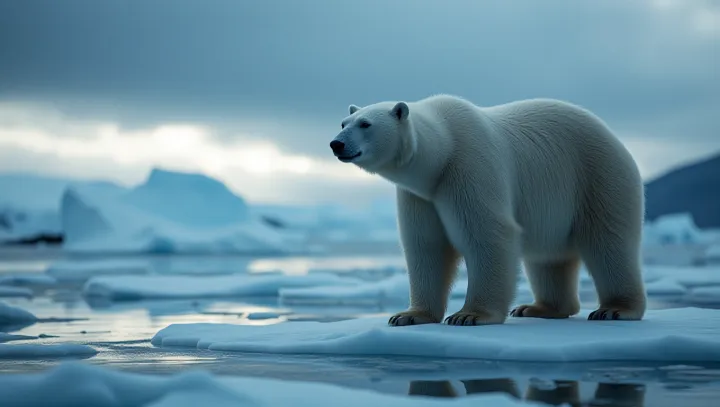Rapid Arctic Melt: Surprising Science

In the pristine reaches of the Arctic, a rapid and unsettling transformation is underway. Once seen as a stable icy expanse, this region is now melting at an alarming rate that defies previous scientific models. The phenomenon is increasingly capturing the attention of scientists and policymakers around the globe.
A recent report from the Arctic Institute, an esteemed research organization based in New York, highlights the accelerated pace of ice melt. This unexpected development is attributed to a confluence of climate factors, including rising global temperatures and unpredictable atmospheric patterns. Such dynamics are further compounded by human-induced impacts, creating a perfect storm of climatic changes.
Dr. Lina Erikson, a leading climate scientist, has emphasized the urgency of addressing these changes. 'The Arctic's rapid melting is not just an environmental issue—it has global implications,' she remarked.
As the ice retreats, sea levels globally are poised to rise, potentially destabilizing coastal cities. Efforts to understand and halt these changes are paramount. It is not only about preserving a natural wonder but also about maintaining the delicate balance required for life on our planet.
Scientists advocate for immediate and robust policy measures aimed at environmental protection and climate resilience.
